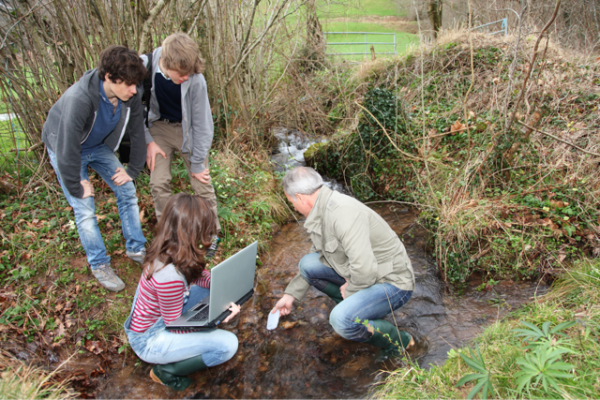
Maastricht, Netherlands
Introduction to Data Analytics in R
When:
18 August - 22 August 2025
Credits:
2 EC
Read more
Geo Sciences & Computer Sciences Summer Course
When:
14 July - 18 July 2025
School:
University of Pisa Summer School
Institution:
University of Pisa
City:
Country:
Language:
English
Credits:
3 EC
Fee:
500 EUR


The Summer School aims to provide students with the basic concepts of Python software and, through practical exercises on a computer running Python, to address some of the most common applications in the field of geosciences.
Course Content:
- Overview of the Python environment: basic commands, syntactic rules, matrix and vector operations, scripts and functions;
- Scientific computing and visualization, the modules: Numpy, Scipy, and Matplotlib;
- Representation of simple mathematical functions and their contextualization in Earth Sciences;
- Loops and flow control constructs: for and while loops, and if...elif...else conditional statements;
- Input-Output: reading and writing data in specific file formats within the Python environment (txt, npy, and npz files);
- Interpolation;
- 2D and 3D data visualization;
- Examples of computing histograms and basic probability distributions;
- Least squares regression and their applications on real data;
- Examples of using moving average filters and applying the discrete Fourier transform for data filtering
- Time series: monthly, annual averages, etc...
Each topic in the program is accompanied by examples and exercises.
The Summer School will be held on campus, in Pisa, at Dipartimento di Scienze della Terra, via Santa Maria, 53.
Prof. Eugenio Maria Stucchi
PhD students, researchers, professionals, with reference to disciplinary and/or professional areas relevant to Earth Sciences.
The purposes of this course are multiple, and some are listed below.
The course:
- teaches how to write scripts to perform even complex data analyses without the need to manually repeat the steps;
- provides a tool to organize, filter, and process large amounts of data quickly and efficiently;
- allows the creation of customized visualizations using Python libraries such as Matplotlib to effectively represent data relevant to Earth Sciences;
- offers a flexible, accessible, and widely supported tool that enables PhD students and professionals to solve specific problems with the help of the community.
Fee
500 EUR, Tuition fee
When:
14 July - 18 July 2025
School:
University of Pisa Summer School
Institution:
University of Pisa
Language:
English
Credits:
3 EC

Maastricht, Netherlands
When:
18 August - 22 August 2025
Credits:
2 EC
Read more

Amsterdam, Netherlands
When:
20 July - 27 July 2025
Credits:
0 EC
Read more

Barcelona, Spain
When:
14 July - 01 August 2025
Credits:
6 EC
Read more